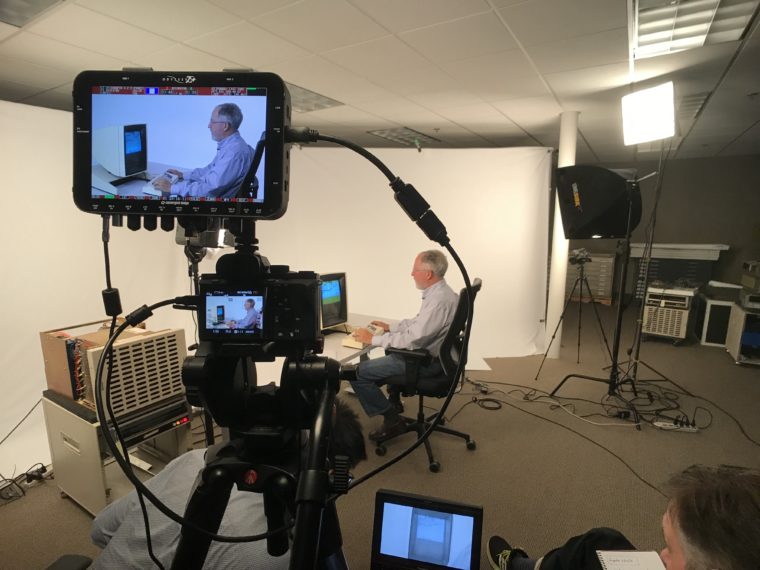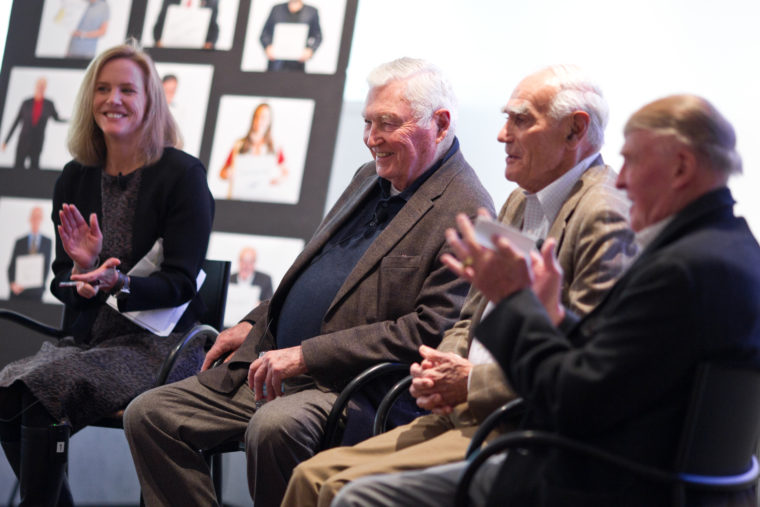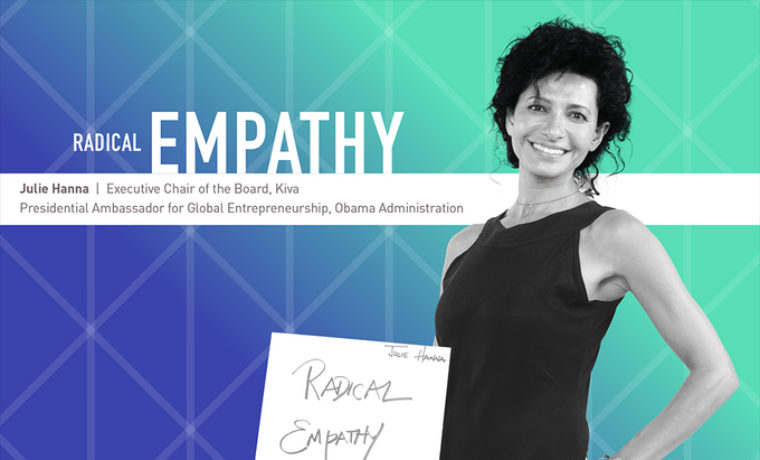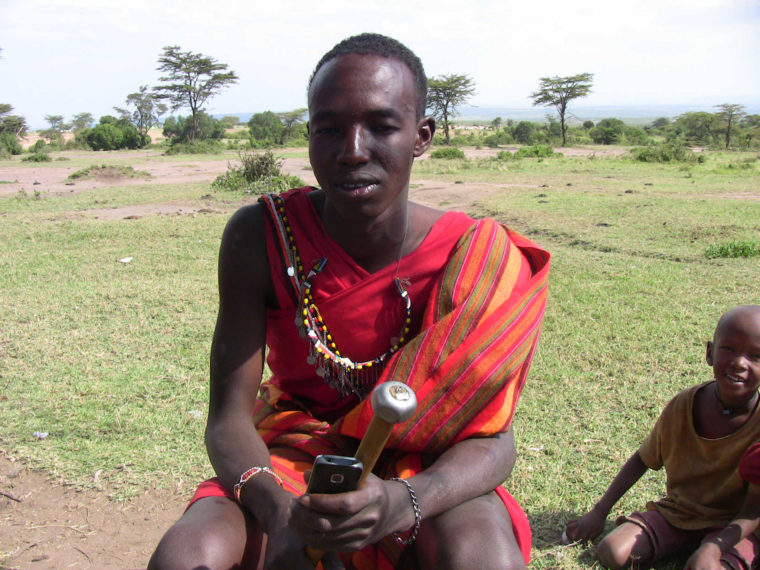
CHM’s oral history program records and preserves the firsthand recollections of computing pioneers from around the world. With over a thousand in-depth interviews and demonstrations, CHM’s oral history collection is one of the most comprehensive on the subjects of computing, technological innovation, web, entrepreneurship, and networking.
Oral histories enhance CHM’s permanent collection and support projects across the Museum.

The Software History Center’s Alto System Project seeks to restore yesterday’s “computer system of tomorrow.” With functioning Alto hardware and original Alto software, the center uses archival-grade video to document and preserve the performance of the Alto system, including demonstrations and discussions with its builders, for today’s future.
Video ethnographies include “Smalltalk” with Dan Ingalls, “Gypsy” with Larry Tesler, and “Icarius” with Doug Fairbairn.

In a partnership between the National Venture Capital Association (NVCA) and CHM’s Exponential Center, the Museum will preserve and make freely accessible the NVCA Oral History Collection, a rich set of transcripts of 17 venture industry luminaries that have been compiled over the past 15 years by NVCA. Featured in the collection are: Paul Wythes, Richard Kramlich, James Swartz, William Draper III, Edward Glassmeyer, Charles Lea, Peter Crisp, Alan Frazier, James Blair, Anthony Evnin, Ambassador Walter Curley, David Morgenthaler, Peter Brooke, Mike Brooks, Henry McCance, Alan Patricof, and Bill Egan.

Courage, Creativity, Grit, Kindness . . . These are just a few of the words of advice offered by Silicon Valley leaders—including Apple’s Steve Wozniak, Kiva’s Julie Hanna, and Alphabet’s John Hennessy—to aspiring entrepreneurs. These innovators and others are featured in the One Word educational initiative led by the Exponential Center and are captured via CHM’s oral history program and CHM Live events.
The One Word project is made possible by the generous support of the Patrick J. McGovern Foundation.

In fall 2016, Marc Weber, curatorial director of CHM’s Internet History Program, traveled to Africa to do research for the upcoming exhibit Make Software: Change the World!, which includes stories about text messaging, Wikipedia, and other topics. Weber interviewed George Sekut, a Maasai tribesmen in his early 20s. Besides informally teaching the village children, George is hustling for funds to go to college. It’s no great surprise that he’s comfortable with technology. But he and the two other Maasai Weber interviewed made it clear that mobile phones are used by all but the oldest members of the village and are deeply changing daily life.
Personal accounts are written firsthand testimonies that cover significant events, people, or technologies. These remembrances offer valuable perspectives that enrich historical narrative and advocate connection through shared experience and personal memory.
To learn more or to suggest an interviewee or panel topic, please contact the Oral History Program.